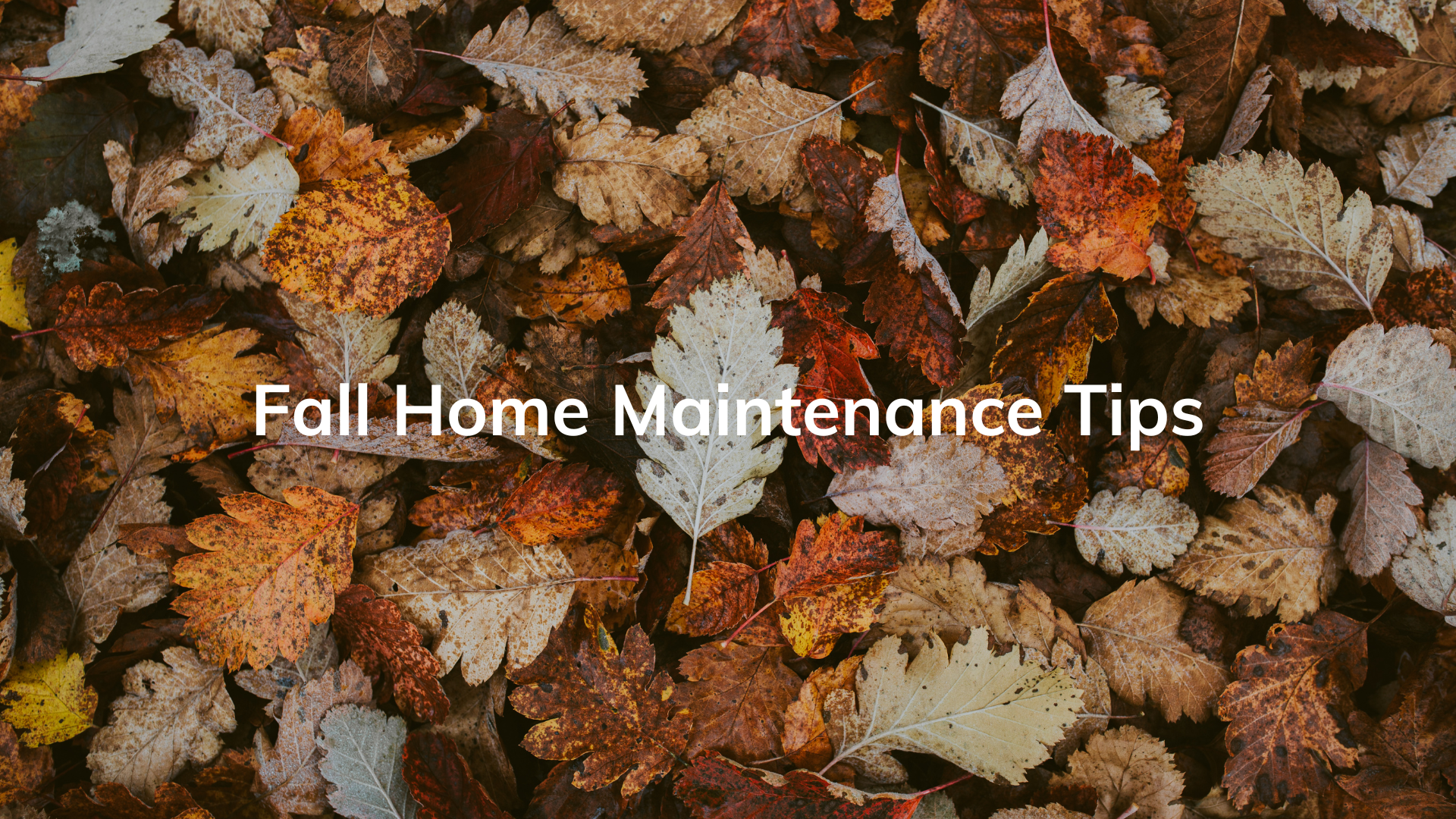If you’re new to real estate or looking to understand how offers work, the Form I Time Clause is worth knowing. A Time Clause offer is an offer in which the buyer must sell their home as a condition to executing the purchase of a new property.
This condition, or ‘subject to’ provides flexibility, especially if you’re selling one home to buy another and need the money from your existing residence to secure financing.
How Does a Form I Time Clause Work?
The buyer’s agent writes an offer with the condition precedent, using the Form I Time Clause form, that the buyer needs to sell their property before they can finalize the purchase of the seller’s property.
The seller and buyer negotiate a contract through their agents.
The seller may, with an accepted Time Clause offer, continue to market their home and entertain offers from other buyers.
If another interested buyer writes an offer and that offer is accepted (or the subsequent offer is unconditional—this is different depending on your real estate board), this triggers a notification to the first buyer that they have a certain period (usually 24 to 72 hours) of time to remove all conditions, or the first offer will be null and void.
The Form I Time Clause is a good tool for buyers to lock down a home while they wait to sell, providing certainty that they have a place to move.
The risk for sellers is that sometimes an existing time clause will deter agents and buyers from viewing a home as they might think it sells with the first buyer and do not want to commit money for inspections and not be successful.
Time clause offers can be complicated with many moving parts (including deposits, completion and possession dates) – ensure you fully understand how they work before writing or entertaining an offer with a time clause.
If you want a team that is here to help you every step of the way - contact us today.
David Lowes Real Estate Group
RE/MAX Island Properties⠀
Direct Office 250.732.1962
Website www.davidlowes.com
⠀
David Lowes Personal Real Estate Corporation
Jessica Castle REALTOR®
Michael Beaveridge REALTOR®



